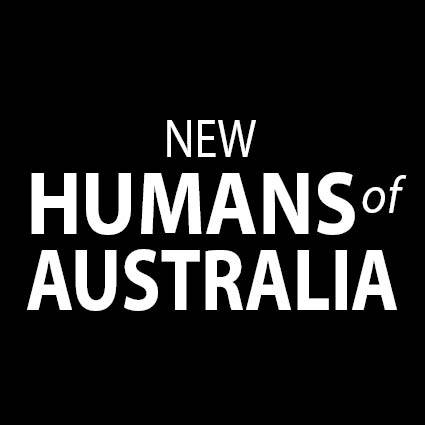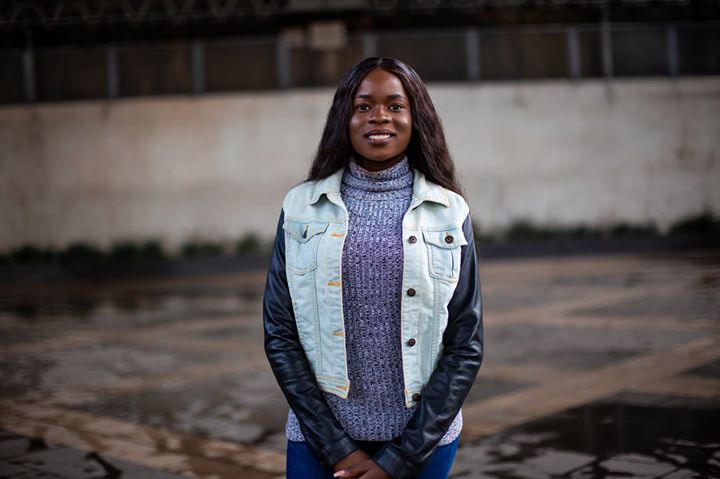I didn’t meet my Mum face to face until I was 17 years old. When I was 2, she left to go to the US so that she could support us, as there were no jobs in Zimbabwe. As she and my father had already separated, my sisters and I lived with my aunt.
Then, when I was 11, my aunt passed away. I remember thinking at that time that I wished I could be with my Mum, but if she had come back to Zimbabwe, she wouldn’t have had a job, and my siblings and my cousins and I wouldn’t have been able to go to school.
Mum had never been able to get a visa for us to go to the US, but after my aunt died she found out she could get a visa to come with us to Australia as a skilled migrant, because she was a nurse.
So I met my Mum for the first time in Australia. It was crazy. It was good when I met her, but I was also feeling so heavy because I had never seen her, and it was a lot of learning to get to know each other. For example, when you grow up with your Mum, you know what makes her unhappy or happy, and what it means when she acts a certain way. But we had to learn all that about each other. At the same time, it all felt very unreal because I had never seen this day coming. My US visa was declined for around 15 years so I thought there was no hope we would be together. Sometimes now I still look at her and think, ‘Is this even real?’
Mum got work in Woy Woy, so I did my HSC on the Central Coast. That was one of the hardest things I have ever had to do in my life because the Central Coast is not multicultural at all and my sister and I were the only Africans at the school. Everybody looked completely different and thought completely differently to us and we didn’t know how to act around them and they didn’t know how to act around us. And even though we speak English in Zimbabwe, I couldn’t understand the Australian accent for some time, which made it difficult to make friends, and even to understand my teachers. And of course I needed to get a good ATAR for uni. I did a lot of self study at home but I was still worried about my future.
I felt surprised because I ended up getting an ATAR of over 65, which allowed me to get into an Accounting and Finance degree at the University of Western Sydney. Everyone kept telling me I wouldn’t get a job because of my accent, so I was quite shocked when I got a job in my field in my first year of study. Since then, I have done full time work in the day and full time uni in the evening, as I am so keen to learn and to keep progressing.
I always had an idea in my mind that if we used labour in Zimbabwe for accounting, it would have a positive impact. Firstly, it would be so much cheaper for Australians, but it would also be giving people in Africa employment so that they wouldn’t have to leave their families, like my mother did. Then I met up with Catalysr, who help migrant entrepreneurs, and they really helped me bridge the gap between my idea and making it a reality.
6 months ago, I founded EDS Accounting Services with my brother, who is an accountant in Zimbabwe, and with my friend Isabella. We now have 10 clients and are looking forward to getting some more soon. I’m now nearly finished my degree, and I can’t wait to be able to work full time as the CEO of this new company.
I can’t change a lot of people’s lives right now, but if I can change one or two, it will mean a lot to me. I want to help keep some families together, so that it is no longer normal for parents to have to leave their children behind in order to have a good life.
Zandile
Zimbabwe
Arrived 2014
…
Photographer: Kurt Tilse www.instagram.com/kjtilse
This month, we are bringing you a series of stories commissioned by TransferWise for their upcoming Faces of Australia campaign, celebrating the contributions of migrants to Australia. Find out more about this exciting project here: https://goo.gl/kPQ57r
#migrant #migration #Zimbabwe #Australia #innovation #inspiration #storiesnotstereotypes #TransferWise #FacesofAustralia

